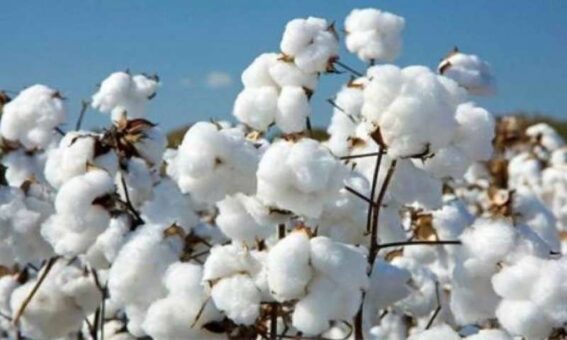Islamabad, November 22, 2025 – The Federal Board of Revenue (FBR) has intensified scrutiny of the textile industry by officially rolling out an electronic monitoring system that uses video analytics to track the processing of cotton bales in textile spinning units.
The move aims to curb tax evasion, ensure transparency, and document production across one of Pakistan’s largest industrial segments.
The FBR announced the decision through Sales Tax General Order (STGO) No. 8, issued on November 20, 2025. Under the order, all registered textile spinning units are required to install an advanced video analytics solution to enable real-time monitoring of production.
According to the FBR, the directive has been issued under the powers granted by Section 40C(2) of the Sales Tax Act, 1990, and Rules 150ZQR and 150ZQT of Chapter XIV-BA of the Sales Tax Rules, 2006. The tax authority stated that all registered persons engaged in textile spinning must immediately begin installing the specified monitoring system.
The system will monitor cotton bale processing through video surveillance and automated analytics, ensuring transparent documentation of production volumes. Monitoring equipment will be installed at key production points, including production lines, blendomats, and auto-plucker machines, using technology provided by vendors approved by the FBR.
The FBR has directed textile spinning units to complete installation of the required hardware and software by December 31, 2025. To ensure timely implementation, Chief Commissioners of Inland Revenue have been instructed to appoint dedicated focal persons who will coordinate between textile units and authorized vendors.
Field formations have been told to prioritize enforcement, especially focusing on “high-risk registered persons” suspected of using undocumented cotton bales or underreporting production.
The FBR also released a jurisdiction-wise list of textile spinning units under monitoring, along with details of authorized vendors approved under Chapter XIV-BA. These vendors are required to ensure their video analytics solutions meet mandatory compliance standards outlined in Rule 150ZQT, including:
• Real-time capture of the production process
• Object detection and counting for accurate production data
• Real-time transmission, storage, and archiving of data at FBR’s Central Control Unit
• Detection and reporting of unexpected operational stoppages
• Quantitative analysis of production levels
• Provision of data analytics essential for legal and enforcement actions
The tax authority stated that the electronic monitoring system has been approved by the Member IR – Operations, and the directive takes effect immediately.
The initiative marks another significant step by the FBR in expanding digital oversight, increasing documentation, and promoting transparency across Pakistan’s textile supply chain.
